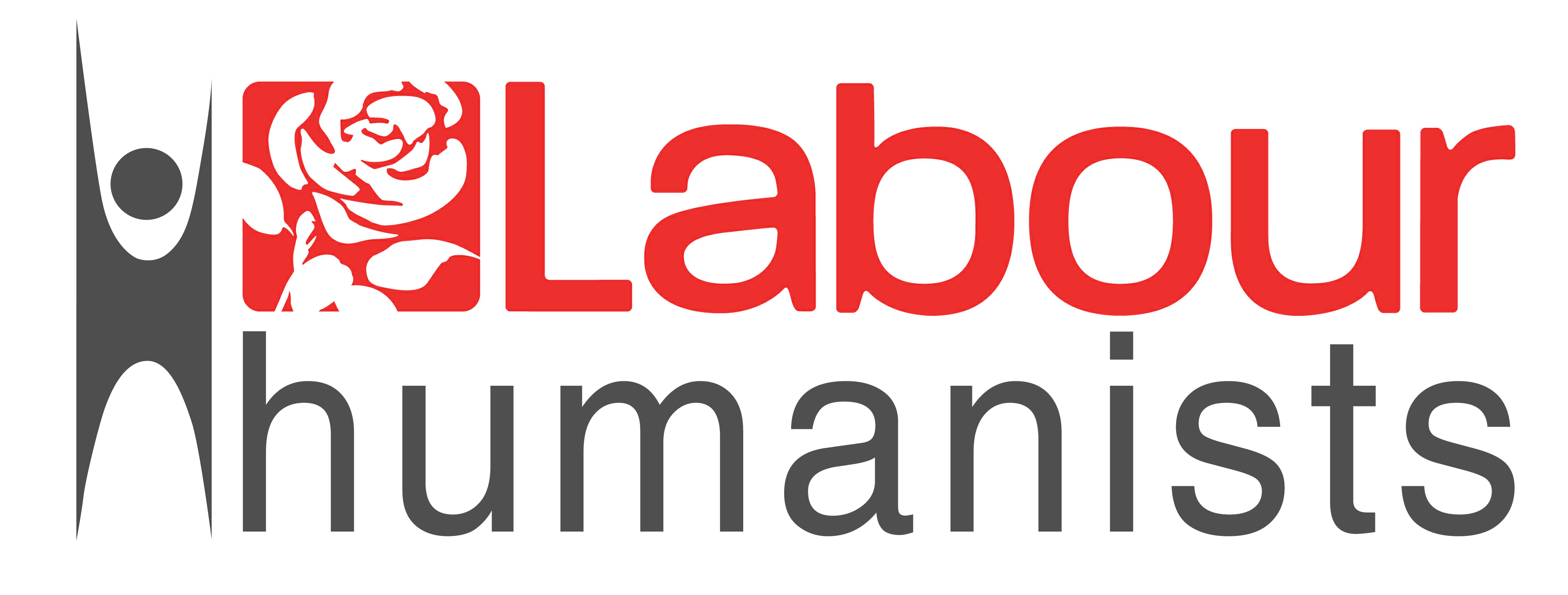Very pleased to see Labour’s commitment to education, to a stronger school admissions code, to supporting teachers, to compulsory SRE in every state school.
My constituency party Chipping Barnet supports inclusive schools and the best teachers free to teach in any state school.
That is why Labour needs to go further and address the issue of state-funded faith schools. A third of state schools have a religious character and that number is growing through the Tories’ largely unregulated and growing academies and free schools programme.
Many state funded faith schools can and do select pupils on the basis of the religion of their parents. Labour should strengthen its position to make clear that whether someone believes in god or not, or which god they believe in, should have no bearing on whether their child can access a high quality education at their local school.
Those schools can and do put religious requirements on teaching jobs too. Allowing state funded schools to hire, fire, or set a ceiling on promotion for, suitably qualified teachers on religious grounds, must be at odds to Labour’s commitments to equality and to improving teacher quality.
Where I live, all new primary schools just opened or proposed are religious ones- Jewish and Christian. In 5 years time my daughter will be starting school. As a non-religious person who absolutely shares Labour values of equality and for inclusive high quality education, in 5 years time where should I send my daughter, when my local schools are faith schools, not inclusive, and have religious indoctrination as part of the ethos and curriculum?
Conference, let there be no doubt – our education system is only safe with Labour. Only Labour truly supports teachers. Only Labour fights for every young person to reach their educational potential regardless of their background. That is why I am a member.
And that is why Labour should not ignore or play down the threat to our values of equality and inclusion.
Labour must continue to fight for the right to every young person to have a high quality education at their local school
And we should have a national review of religion in education, ensuring the teaching of non-religious world views such as Humanism equally alongside religious perspectives.
We must look to strengthen out policy and rule out any state funded school from discriminating, selecting and segregating along religious grounds.
